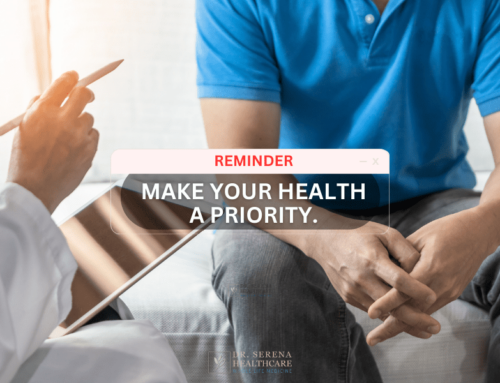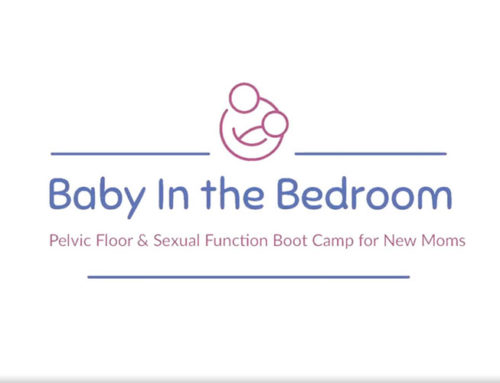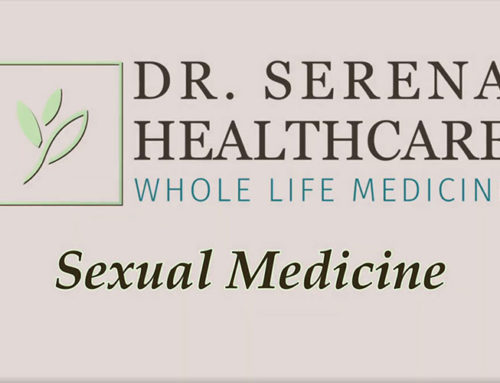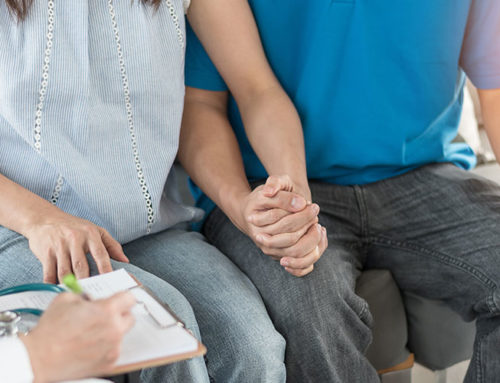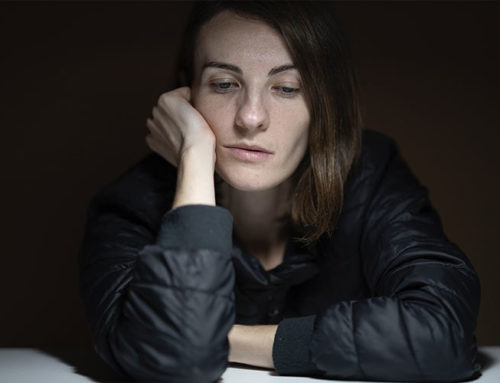Do you know someone whose life becomes unmanageable around the time of her period due to intense pain or strange symptoms, like allergic reactions, digestive problems or fatigue? The problem could be endometriosis.
Endometriosis is a painful condition that can cause digestive symptoms, abnormal menstruation and infertility. It occurs when the tissue that lines the uterus, the endometrium, starts growing elsewhere in the body. This most often occurs within the pelvis around the ovaries, but can happen anywhere – even the brain!
Pain that is suggestive of endometriosis includes pelvic and lower abdominal pain or low back pain that occurs:
- during menses that does not feel better with the use of anti-inflammatories, like ibuprofen, or other types of conservative pain control, like heating pads
- between periods but feels likes menstrual cramps
- before, during or after sex
- with bowel movements and urination, especially during menses
Other unusual symptoms of endometriosis are:
- allergies, migraines or fatigue that are worse during menses
- difficult bowel movements or alternating constipation and diarrhea that does not respond to standard IBS treatment or dietary changes
- bloating, nausea and vomiting during menses
The pain and other symptoms associated with endometriosis have a reputation of being hard to diagnose and treat through conventional medicine alone. That’s why all of our physicians are trained to view the body holistically and treat not just the symptoms of endometriosis, but the underlying cause of hormonal imbalance and inflammation.
One of the major reasons endometriosis occurs is due to an imbalance of estrogen levels in the body. Many doctors address this imbalance primarily through the use of additional hormones, such as birth control pills, and pain management medications. This treats the symptoms of endometriosis, but it doesn’t treat the cause.
Estrogen Balance and Nutrition:
One important avenue for treating endometriosis is to focus on foods that support efficient hormone metabolism and avoiding non-organic vegetables. meats, dairy and other foods that may be a significant source of hormone exposure.
“It’s not just the hormones in the cows, but the pesticides on the fruits, vegetables and grains that can influence estrogen levels in endometriosis. You have to focus on the diet to treat the disease.” – Dr. Mary O’Connell, gynecologist
There are also a number of herbal protocols that can help the body balance estrogen and progesterone levels on its own to reduce symptoms and progression of endometriosis.
For pain management, our doctors provide guidance on how to develop an anti-inflammatory eating plan, how to effectively use supplemental anti-inflammatory oils and herbs for long-term pain management. Our clinic also has acupuncturists who are skilled in treating pelvic and low back pain.
If you know someone whose life becomes unmanageable around the time of their menses, share this blog post or have them schedule an appointment to evaluate their symptoms and assess their hormone balance.
This post is courtesy of Dr. Miranda Marti.



